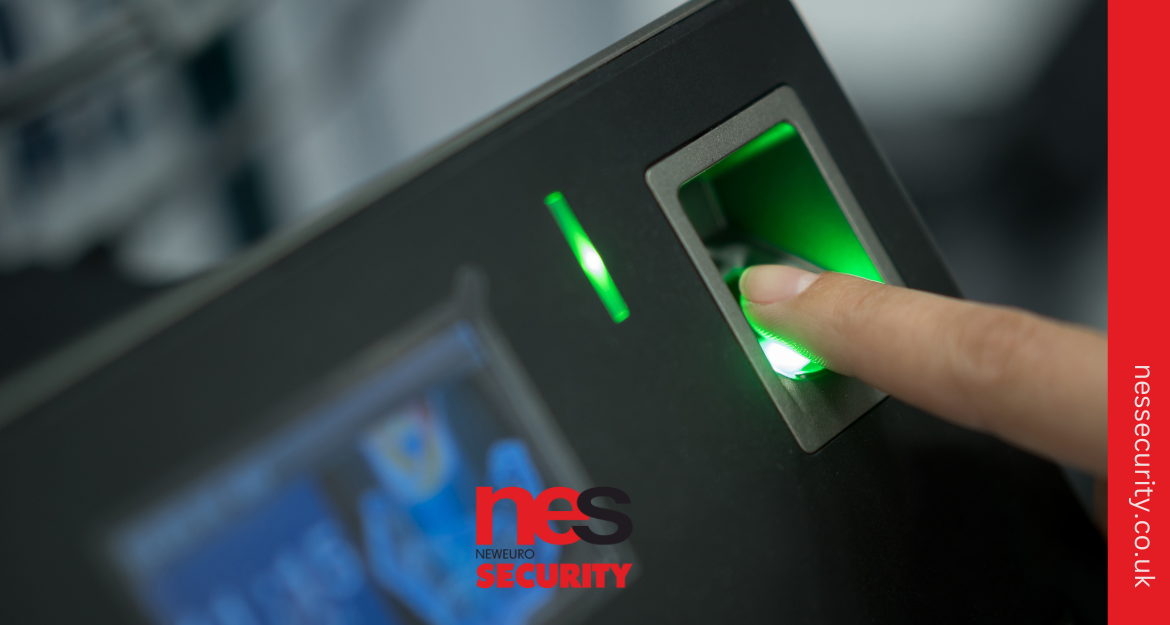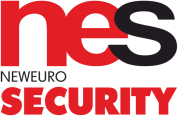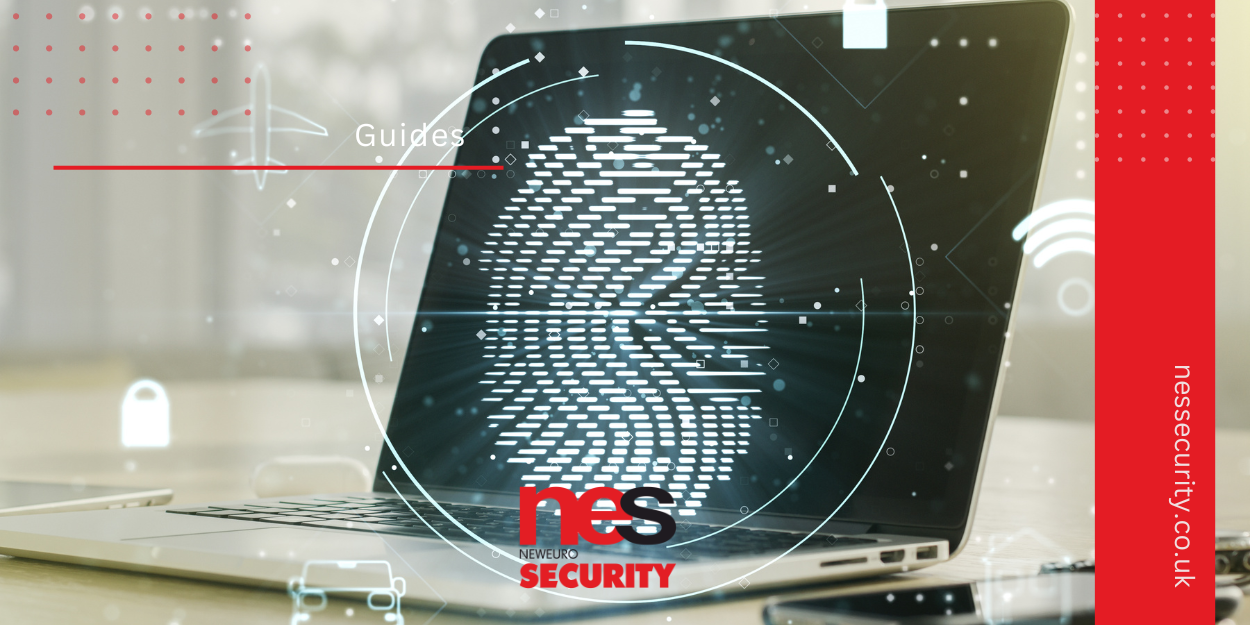Picture this: a workplace where the doors automatically recognise and grant access to authorised personnel, where security breaches are swiftly detected and monitored, and where the protection of people and assets is of utmost importance. Welcome to the world of access control systems – the unsung heroes behind the scenes that significantly improve workplace security.
Enhancing Security and Safety: The Role of Access Control Systems
In today’s fast-paced and interconnected world, ensuring the security and safety of workplaces is paramount. Access control systems play a pivotal role in this regard by providing an efficient means to regulate entry and exit points, keeping unauthorised individuals at bay. By implementing access control systems, businesses can enhance their security measures and create a safer environment for their employees and assets.
Controlling Access: The Benefits of Implementing Access Control Systems
Access control systems offer a myriad of benefits that go beyond simple door locks. They empower organisations with the ability to exercise precise control over who enters specific areas, granting access only to authorised personnel. This level of control minimises the risk of unauthorised individuals gaining entry and safeguards against potential threats such as theft, vandalism, or even acts of violence.

Protecting People and Assets: The Importance of Workplace Security
Workplace security is not just about protecting physical assets; it is also about safeguarding the well-being and peace of mind of employees. By implementing access control systems, businesses create a sense of security and trust among their workforce. Knowing that only authorised personnel can access sensitive areas fosters a safe working environment and promotes productivity. Furthermore, it mitigates the risk of internal theft and unauthorised disclosure of confidential information.
1. Restricting Unauthorised Entry: The Power of Access Control Systems
One of the fundamental strengths of access control systems lies in their ability to restrict unauthorised entry. By utilizing advanced technologies such as biometric identification, key cards, or PIN codes, businesses can ensure that only individuals with the appropriate credentials can access specific areas. This proactive approach significantly reduces the likelihood of security breaches, enhancing overall workplace security.
2. Tracking and Monitoring: Enhancing Visibility and Accountability
Access control systems provide businesses with valuable insights and data regarding the movement of individuals within their premises. By monitoring entry and exit activities, organisations can easily track who accessed certain areas and when. This tracking capability not only enhances visibility but also promotes accountability among employees, discouraging unauthorised access and deterring potential misconduct.
3. Customizable Access Levels: Tailoring Security Measures to Specific Needs
Every workplace has unique security requirements, and access control systems offer the flexibility to customise access levels accordingly. By defining different levels of access for different personnel or departments, organisations can precisely tailor their security measures. This ensures that sensitive areas remain off-limits to those without proper authorization while allowing seamless entry to authorised personnel, improving overall security and efficiency.
4. Integration with Other Security Systems: Creating a Comprehensive Solution
Access control systems are not standalone entities; they can seamlessly integrate with other security systems, creating a comprehensive security solution. By integrating with CCTV cameras, alarm systems, or even fire detection systems, businesses can achieve a holistic approach to workplace security. This integration enables swift response and coordinated actions in the event of security breaches, bolstering the overall effectiveness of the security infrastructure.
Choosing the Right Access Control System: Factors to Consider
When considering the implementation of an access control system, several factors should be taken into account. Firstly, it is crucial to assess the specific security needs of the workplace, such as the number of entry points, the sensitivity of areas, and the size of the workforce. Additionally, evaluating scalability, ease of use, and compatibility with existing infrastructure are vital considerations. Seeking guidance from experienced security Professionals can help in selecting the most suitable access control system for the organisation’s unique requirements.
Implementing Access Control Systems: Best Practices for Workplace Security
Implementing access control systems requires a systematic and well-planned approach. Conducting a thorough risk assessment is the first step, followed by identifying access control goals and defining access levels. Adequate installation of hardware and software components, including readers, controllers, and management software, is crucial for seamless operation. Regular maintenance and updates ensure optimal performance and reliability, while periodic audits help identify any vulnerabilities or areas for improvement.
Employee Training and Awareness: Ensuring Effective Use of Access Control
Even the most advanced access control system can be rendered ineffective if employees are not trained properly or lack awareness of security protocols. Regular training sessions should be conducted to educate employees on the importance of access control and how to use the system correctly. Encouraging employees to report suspicious activities and reminding them of their responsibility in maintaining workplace security fosters a culture of vigilance and proactive security measures.

Future Trends in Access Control Systems: Advancements and Innovations
Access control systems continue to evolve, embracing advancements and innovations that further enhance workplace security. Emerging technologies such as facial recognition, mobile access, and cloud-based solutions are becoming increasingly prevalent, offering enhanced convenience, scalability, and flexibility. Additionally, the integration of artificial intelligence and machine learning capabilities holds the promise of more intelligent and adaptive access control systems, capable of analysing patterns, detecting anomalies, and responding to evolving security threats.
FAQs
How do access control systems improve workplace security?
Access control systems improve workplace security by regulating entry and exit points, restricting unauthorised access, tracking and monitoring activities, and integrating with other security systems to create a comprehensive security solution.
Can access control systems be customised to specific needs?
Yes, access control systems offer the flexibility to customise access levels, allowing businesses to tailor security measures according to their specific requirements.
What factors should be considered when choosing an access control system?
Factors such as the organisation’s security needs, scalability, ease of use, compatibility with existing infrastructure, and guidance from security professionals should be considered when choosing an access control system.
Final Thoughts
Access control systems are not just about securing physical spaces; they contribute to creating a sense of security, trust, and accountability in the workplace. By implementing access control systems, organisations can enjoy enhanced security, protect their valuable assets, and promote a safe and productive environment. When it comes to selecting and installing the right access control system for your business, seeking assistance from experienced professionals like Nes Security ensures that your specific needs are met, empowering you to take control of your workplace security with confidence.


